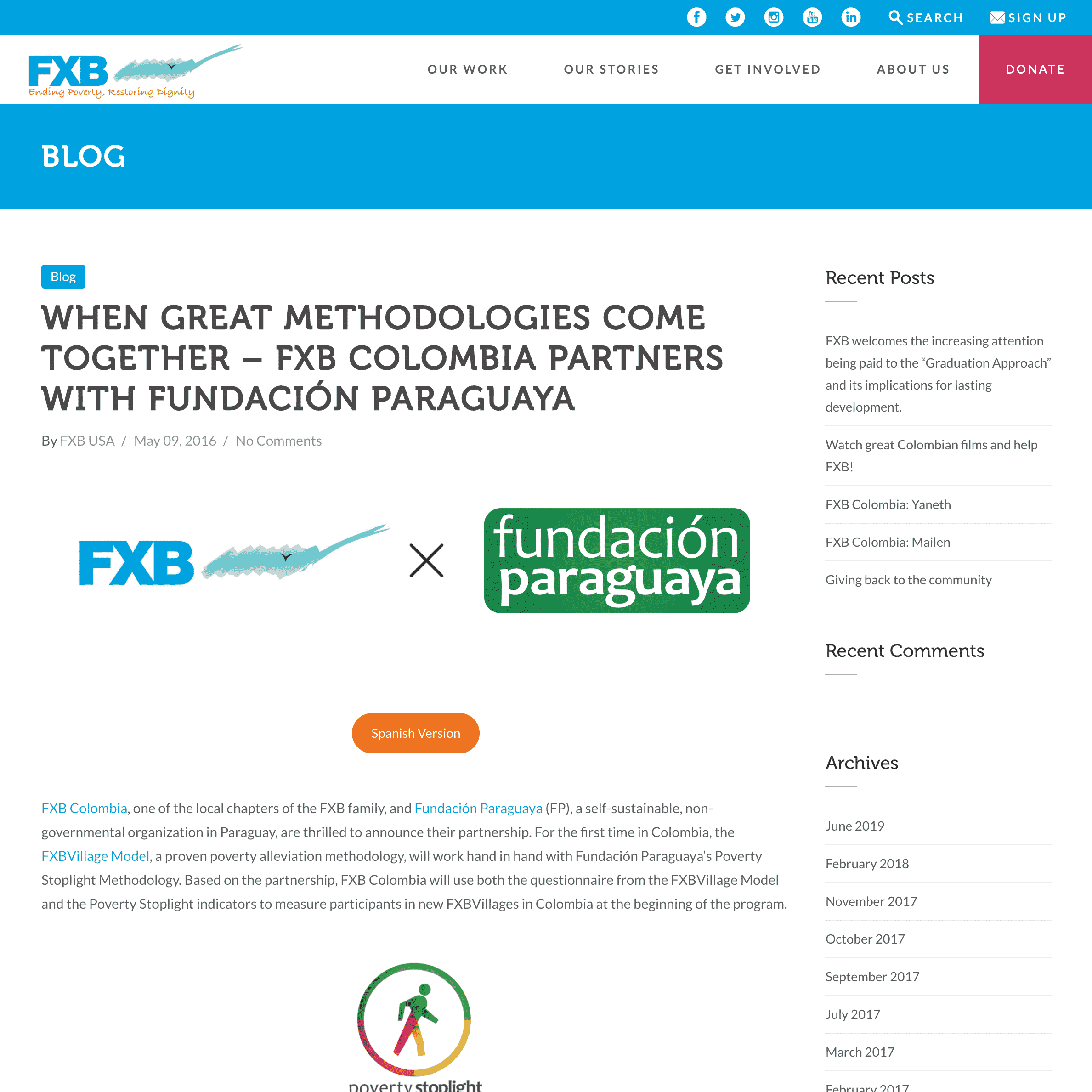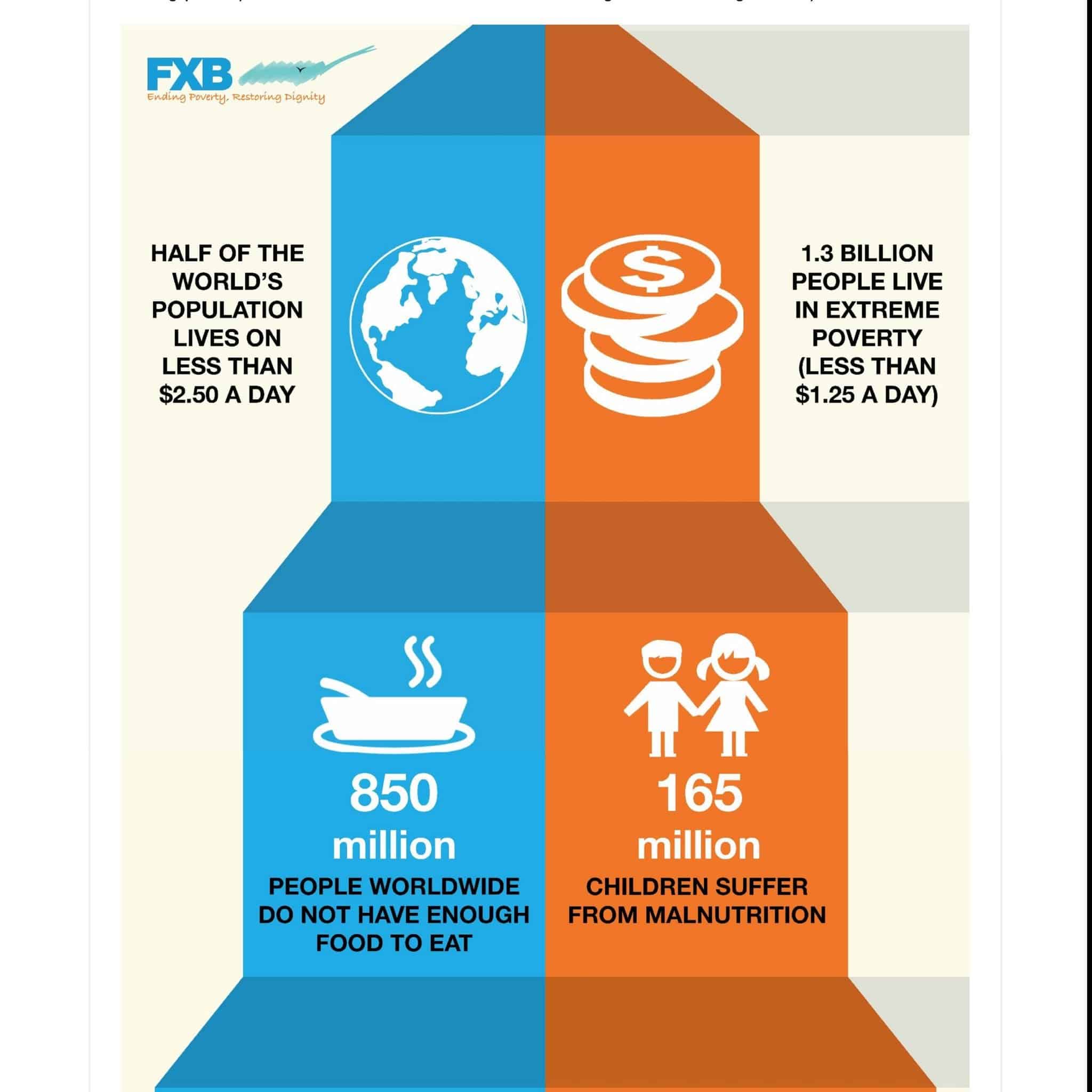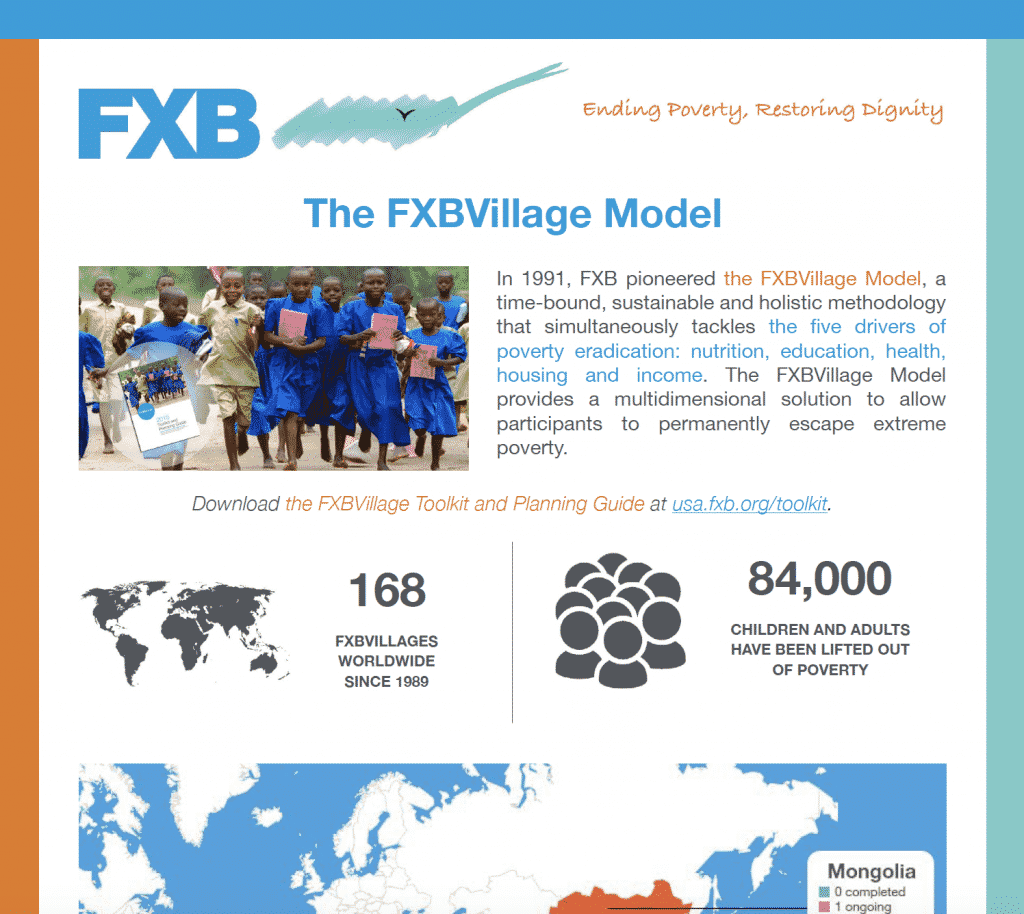Op-Ed
Hidden Worries of China’s Middle Class
The Chinese Communist Party recently revised the constitution to remove a two-term limit on the presidency, which will allow Xi Jinping to remain indefinitely as president. On March 17, 2018, China’s legislature unanimously approved the reappointment of Xi as president, with no limit on the terms that he can serve. China’s propaganda machine kicked into overdrive to praise Xi as the new great leader in China, using rhetoric once associated with Mao Zedong, such as “leader loved and respected by the people” and “helmsman of the country.” In printed letters and interviews in the media, there are the same obsequious expressions of joy from Chinese citizens. In a country where there are great risks for publicly expressing one’s genuine opinion on politics, the practical choice for the Chinese is simply to regurgitate the accepted version of opinions spouted by government-controlled media.
However, what is seen on the surface does not reflect reality. Based on the party’s past political practices, especially during the era of Mao, every thoughtful citizen is concerned about the future of Chinese politics and society. Political symbolism plays an important role in China, where authoritarianism creates tension between the rulers and the ruled, so much so that even trivial changes in politics are closely examined for hidden meanings. Will Xi’s one-man rule trigger a series of inevitable changes in China? Is China planning to turn back time? Does Xi’s expanded power signal the retreat of reformists? These are legitimate questions to ask in attempting to decode the meaning of the recent change. What is certain is that the memory of Mao’s one-man rule injects fear into Xi’s indefinite presidential term.
The Chinese middle class, mostly professionals and those in business who earn a good living, has many worries about the potential changes that will accompany Xi’s enhanced authority status. As a nascent social group, the Chinese middle class was born in the tide of economic reform and grew up basking in the expanded freedom and increased contact with Western culture that reentered China after the open door policy of the late 1970s. The middle class benefits from reforms and does not want policies that jeopardize its socioeconomic status. For the Chinese middle class, the resemblance between Mao’s and Xi’s one-man rule portends an austere future haunted by the memories of draconian policies, constrained rights, and political turbulence.
The first worry of the Chinese middle class is a political one. Will its political freedom be undermined in the future? Although limited, the extent of political freedom enjoyed by Chinese citizens is markedly more than what they had in the pre-reform period. The usual understanding of limited political freedom focuses on what political actions are tolerated, but political freedom also refers to what can be ignored and what should not be included in the political domain. Under Mao’s rule, nearly everything in society was politicized. There was no breathing space to avoid taking a political stance in everyday life. From clothing to small chitchat with neighbors, everything could be construed as politically inappropriate, and punishment could be severe. The reign of politics also reached into more important aspects of social lives, such as marriage. Citizens needed approval from party cadres in their workplace to be able to register marriage, and whether they received permission depended on political considerations, such as their “class composition.” All these past practices would today frighten the middle class, which, among Chinese citizens, is most influenced by the Western value of freedom.
Citizens’ political freedom may not become constrained like that of Mao’s era, at least not overnight; however, it is difficult to imagine that middle-class people—most of whom enjoy the benefit of the growing Chinese civil society, and some of whom embrace the idea of democracy in China—would be indifferent to the possibility of even more limited political freedom than what they enjoy today.
A second question regarding the middle class’s concern about Xi’s one-man rule is: Will the power of the “red second generation,” offspring of high-ranking party leaders and cadres, hinder the middle class’s right to participate in politics? In Chinese politics, family pedigree plays a significant role. Offspring from “red families” have better opportunities to maintain the advanced social positions brought to their families by their parents’ generation. Their advantages also extend to the political realm. With the help of their parents’ generation, the “red second generation” has more opportunities in the government, military, and other state institutions. In fact, most of them believe that they have a natural right to inherit power from their parents’ generation, and this conviction is shared among the most powerful “red families” in China. This sense of entitlement explains why Xi Jinping, a purebred “red second generation,” whose father, Xi Zhongxun, was a high-ranking party leader, is considered the rightful heir to Mao’s throne; it is also why his two predecessors, Jiang Zemin and Hu Jintao, were never able to reach the height of power enjoyed by Xi. Those in the middle class who have no or limited “red family” background have reason to worry that they may be marginalized. To the middle class, Xi’s one-man rule reinforces this lamentable tradition, which hinders their social mobility and participation in politics.
The third worry of the middle class is rooted in the foundation of the class—their economic rights and opportunities. Xi’s one-man rule has already brought to China’s economy a “tightening” of economic policies, which still largely are based on the reform policies carried out by Deng Xiaoping. Without these favorable reform policies, there would be no middle class in China. The reason that the middle class as a social group only emerged after the beginning of China’s economic reform is that in Mao’s era citizens’ economic activities were strictly controlled, and there was no opportunity to accumulate wealth and, thus, the emergence of the middle class. Free trade was not allowed. There was no market. Everything in the economic cycle, from production to exchange to distribution, was under the control of the state in the name of planned economy, so much so that even buying goods to sell at another location for profit was deemed a severe violation of socialist values. Even in the early years of economic reform in the early 1980s, there were still citizens receiving death penalties for the crime of “speculation.”
Now that China has developed a relatively competitive and strong economy after abolishing those Mao-era economic policies, the chance of returning to the previous extreme state is slim. However, there is still reason for the middle class to ask: Will Xi’s one-man rule lead to more political control and influence over the Chinese economy? There are possible changes in the course of economic development in China that could negatively affect the middle class’s economic interests. Economic policies in China usually favor state enterprises and businesses controlled by party leaders and their families. Under Xi’s one-man rule, this tendency may increase, which would put private businesses owned by the middle class at a disadvantage. Also, a country ruled by a single leader is more prone to make mistakes in formulating and implementing its economic policies, and the potential consequences would affect the middle class. Finally, under Xi’s one-man rule, state power and political corruption may further increase, and these could lead to even higher taxes, which would burden the middle class.
A fourth worry of the middle class is tied to their cultural consumption, intellectual curiosity, and freedom of cultural expression. Under Xi’s one-man rule, there is a fear that cultural policy in China will retreat to the pre-reform-era state, which was characterized by strong state influence over cultural production and consumption, intense political propaganda, and suppressed individual expression. The most flagrant sign of back-pedaling with Xi’s rule is the Mao-style propaganda, which features catch phrases unique to the Cultural Revolution, and the ubiquitous political communication effort displayed in the streets, in workplaces, and in all major media. The fully unleashed propaganda machine aims to unify citizens’ minds so that there is less dissent. While rulers in ancient China controlled people’s bodies, the Chinese emperors in modern times go directly after the soul. As the most important creator and consumer of cultural products in a society, the generally well-educated middle class would feel suffocated by the dreary and trite propaganda, and suffer from the restriction of free expression. Furthermore, fewer intellectual products would be imported.
The resemblance between Mao and Xi’s one-man rule is not coincidental. It is deliberately designed to convey a message from Xi and the Chinese Communist Party. The adoption of one-man rule is an attempt to tighten control over a society that is perceived by leaders to be filled with grievances. Despite China’s economic growth, there are social problems such as unemployment, lack of decent housing, inadequate pensions, and pollution. China’s leaders have opted not to have these problems addressed by free-flowing politics. A legacy of communism in China is an appreciation for political control. That does not sit well with the middle class.
Danni Mei studied in the MA in Political Science Program at The Graduate Center, CUNY.



